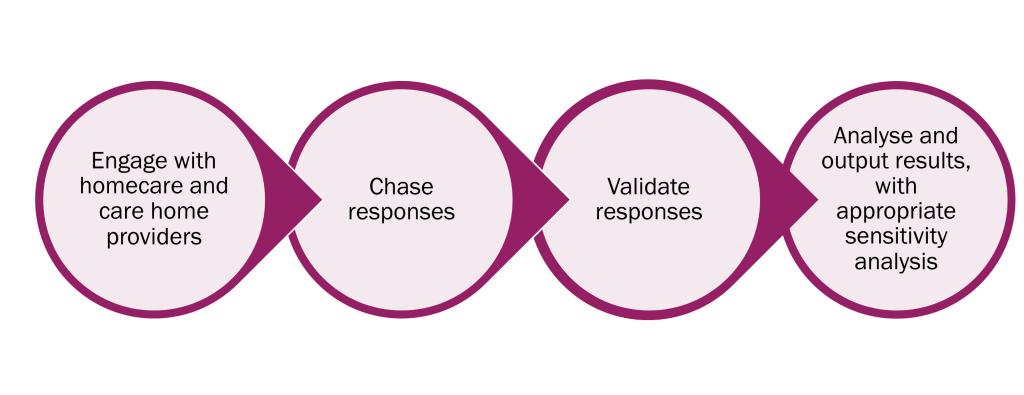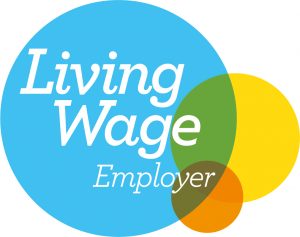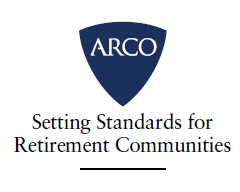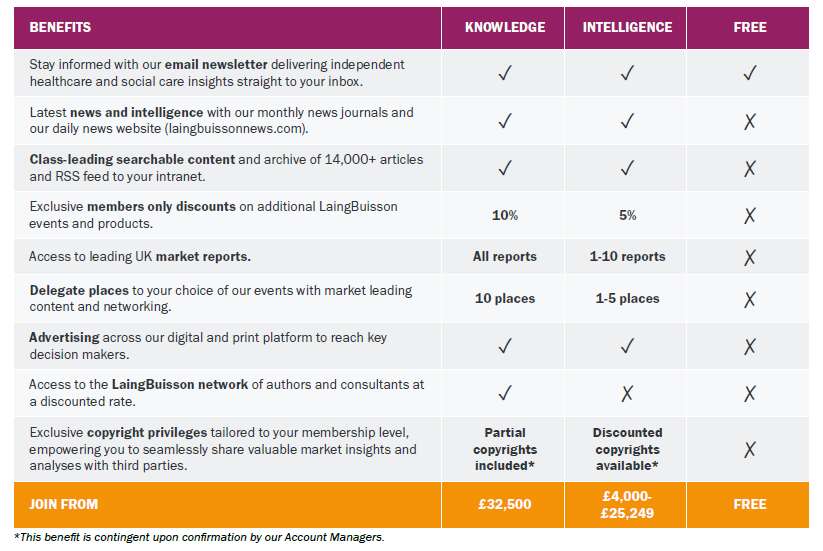Fair Cost of Care and Market Sustainability
BACKGROUND
In December 2021, the Government announced funding for the Adult Social Care market to support sustainability and for local authorities to move towards paying providers a fair rate of care.
As a condition of receiving this grant funding, in the two years that follow (2023/24-2024/25), local authorities will need to submit to the Department of Health and Social Care (“DHSC”) a fair cost of care exercise (FCC) for homecare and care homes for older people, a provisional market sustainability plan and a spend report detailing how the 2022/23 funding has been allocated in line with government expectations, in order to achieve a more sustainable local market, by September 2022.
FCC and market sustainability can be viewed as distinct, though linked, work streams. Urgency is greater for FCC, where a step-by-step process must be followed to achieve robust conclusions.
LaingBuisson, the leading provider of market intelligence in the UK social care sector, can offer cost-effective, expert support for councils required to meet very demanding timelines.
FAIR COST OF CARE (FCC)
It is expected that data on providers’ costs will be collected via an open-source homecare toolkit provided by LGA & ADASS in partnership with ARCC, and a comparable care home toolkit that LGA has commissioned. The homecare toolkit is available now and we understand the care home toolkit is expected to be available from mid-May 2022.
It will be the responsibility of each local authority, supported by any consultants they commission, to engage with providers, encourage them to complete the toolkit for each relevant service and collect, collate, validate and analyse the responses. LaingBuisson is well placed to undertake this work, using its experience of similar exercises commissioned by councils and care associations in conjunction with its comprehensive database of CQC registered services and group operators, maintained daily.
Our FCC proposition covers the following, with the objective of delivering a report with analysis and robust, auditable conclusions within an agreed timeline:

Our experience is that there are several valid approaches to analysing results, each one of which may give rise to differing FCC solutions. To facilitate consultation on agreed evidence, and pre-empt potential challenges, we view it as essential that the system adopted should have the capacity to report FCC variances according to the following parameters:
- Rate of return on capital employed in property assets (care homes only)
- Maximum value of property assets per bed (most councils would view it as inappropriate to pay for the full cost of very high specification assets)
- Cost allowance for head/regional office overheads, and whether applicable to non-group homes
- Outlier exclusion rules (including whether to exclude sub-scale care homes on the grounds that they are inherently inefficient)
- Interpolation rules (for gaps in data response)
- Mean or median as a measure of central tendency (DHSC guidance indicates that median is preferred, to limit impact of outliers)
- Formula for estimating relative costs of ‘standard’ and ‘enhanced needs’ care from cost data on mixed modality care homes, in order to meet the DHSC segmental care cost requirements. This is the most methodologically challenging element of DHSC requirements and will require liaison with various stakeholders
In addition, while DHSC provides fairly comprehensive guidance on information to be collected in the care cost tools, some key data items are missing and it is possible that they may not be included in the care home toolkit when it becomes available in mid-May. Specifically, there is no mention of data on fees by source of funding. While this may not be directly relevant to FCC, it is likely to be highly relevant to the Market Sustainability exercise. LaingBuisson recommends, therefore, that each council, as well as making provision for the collection of FCC costs as mandated, should also consider the parallel collection of additional items of data from providers (FCC Plus), to feed into market sustainability and broader strategic planning.
MARKET SUSTAINABILITY
Working with our partners, Caja and Cordis Bright, we can also assist you with your market sustainability plan.
The results from the FCC models will feed into the Market Sustainability Plan. To inform the plan, we can draw on our many years’ experience of studying the UK care home and homecare markets.
Together with the information derived from the FCC analysis and reports, we will undertake a desktop review of the Market Position and Local Authority Plan to ensure we have fully mapped the provision in your local area. We will also look at the reported outcomes achieved in the area.
We will consolidate the data and produce data visualisations that allow for changes in parameters and benchmarks across the local authority area. We will evaluate how the proposed FCC in the area will impact the market and affect local commissioning intentions, with a focus on the major sustainability challenges of:
- Workforce supply
- Quality of care
- Switch-on of 18(3)
- Under-supply of care
- Diversity of provision
- Fee gap (if any) to arrive at FCC
We will evaluate options for the future delivery of homecare and residential care, and the opportunities to consolidate and maximise the use of available resources. This will include considering how either additional or repurposed investment might support market shaping in the coming decade. Options to be considered include the merits of in-house versus externally delivered care and the impact of local partnerships, such as Integrated Care Systems and working with NHS organisations and the likely increased adoption of new technologies, including those aimed at supporting people to remain at home. These different factors are all likely to influence the future balance between homecare, residential placements, reablement and other types of service.
COST TO COUNCILS
The FCC and Market Sustainability process described above is scalable and cost savings can be passed on to councils where several contiguous local authorities commission us at the same time.
This applies particularly to metropolitan and other small unitary authority areas where there is substantial cross-boundary traffic and where the existence of only a small number of services within the boundaries of a single authority may constrain the sort of segmental analysis sought by DHSC.
CONTACT US
To receive a full proposal for how we can support you with this work please contact:
William Laing’s office
[email protected]
+44 (0)20 7841 0042
















